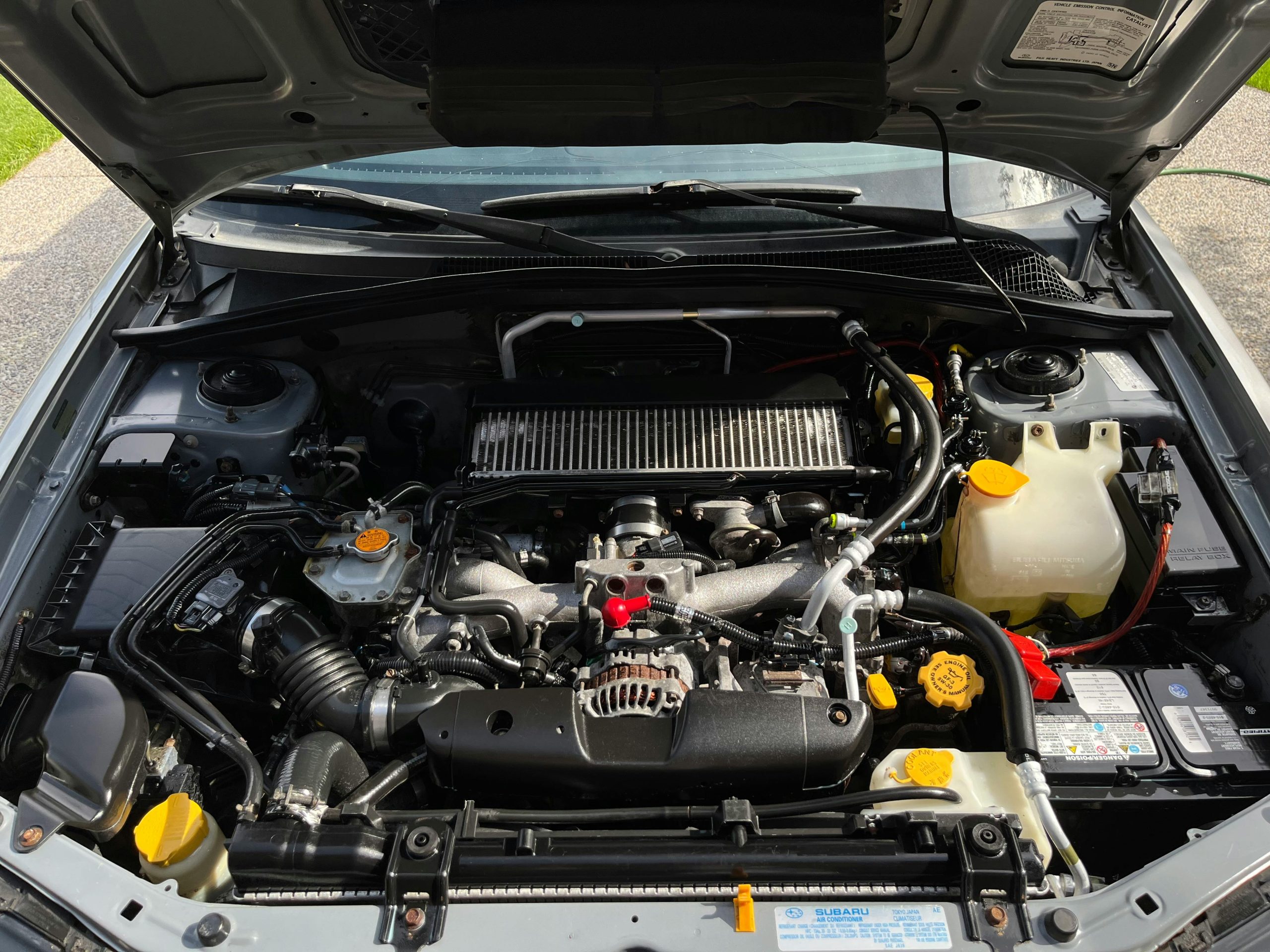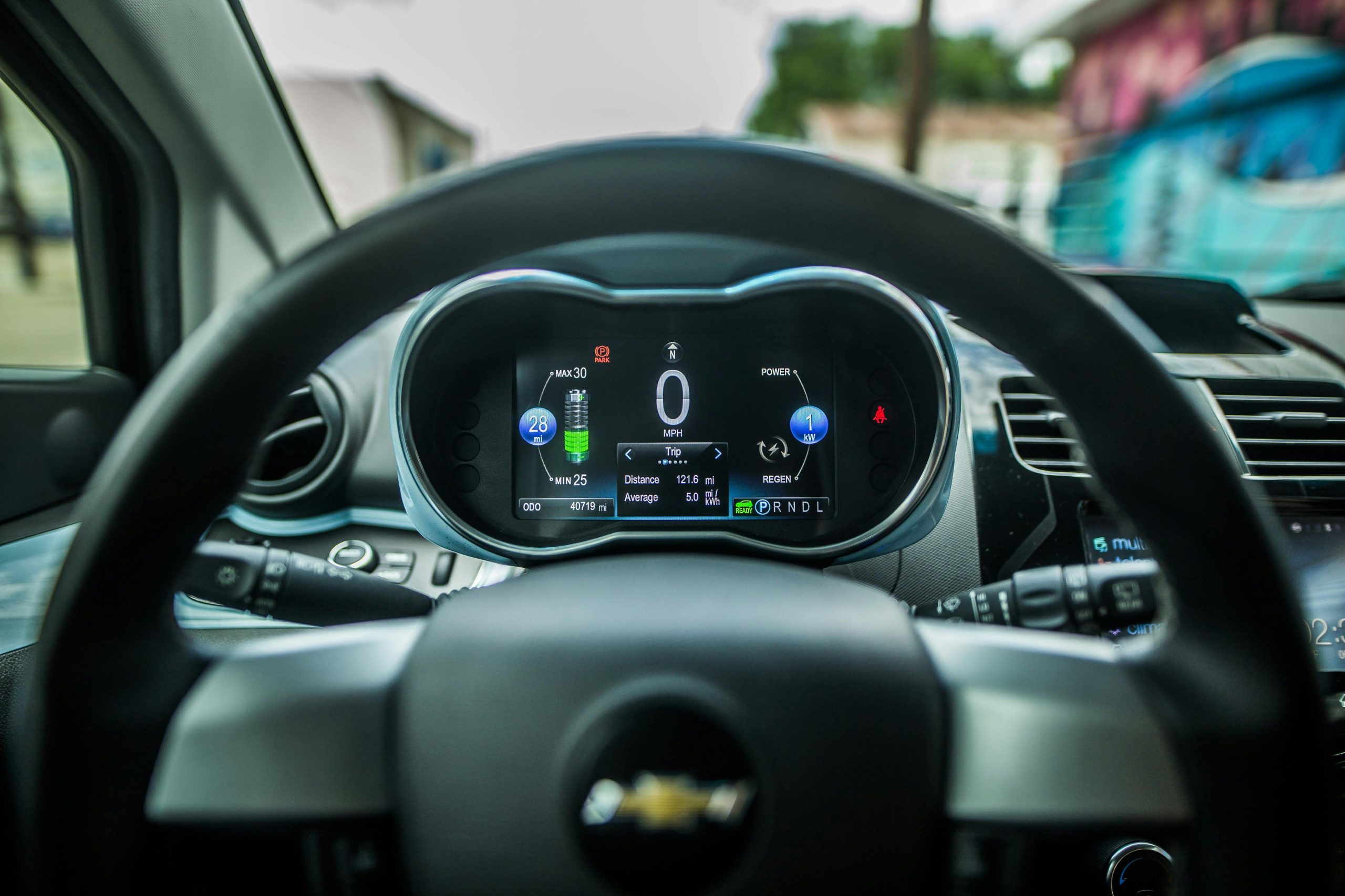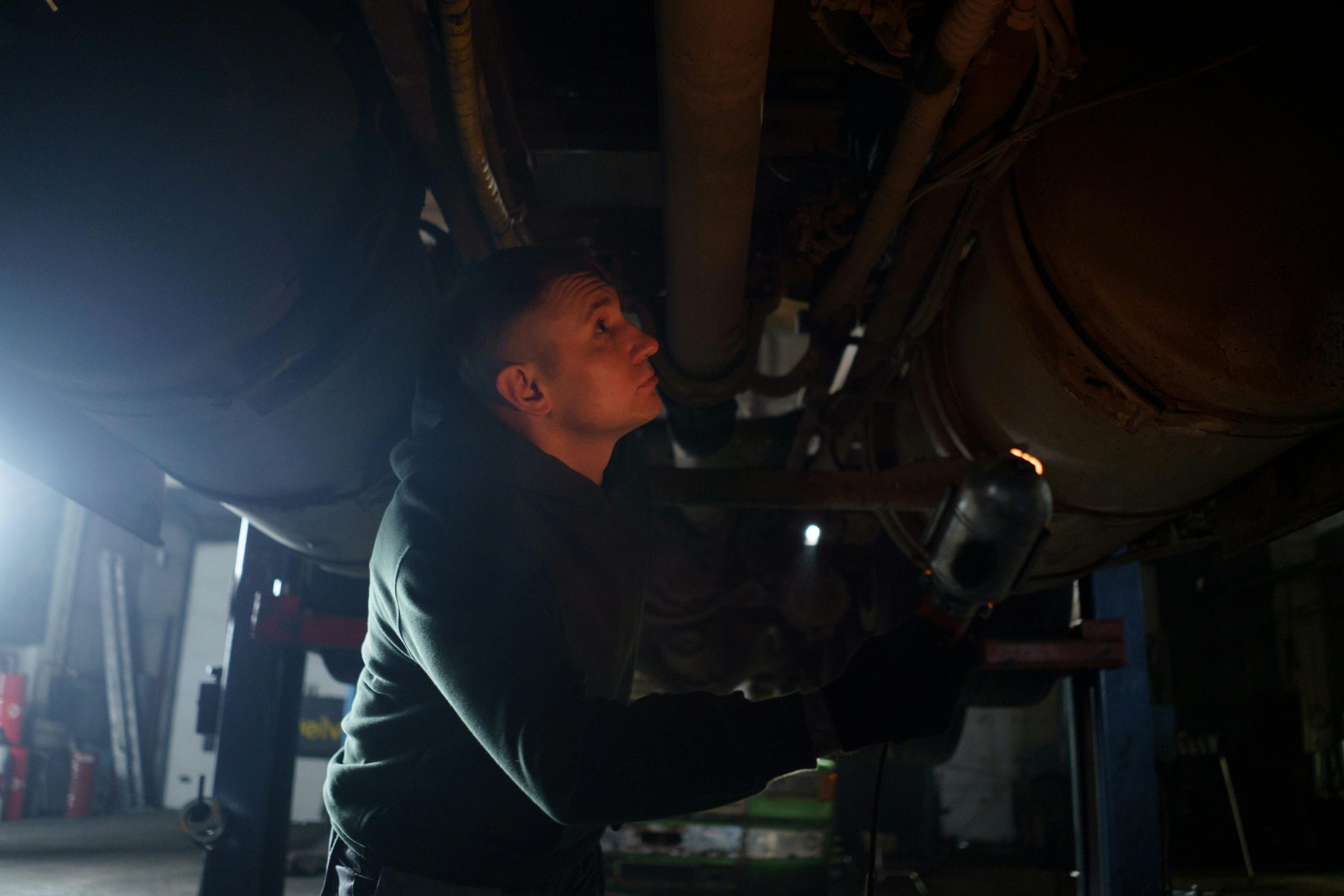You’re probably aware that your car’s alternator is pivotal for keeping the battery charged and powering the electrical system, but do you know how long it can be expected to last?
Typically, an alternator should serve you well for between 80,000 and 150,000 miles; however, this lifespan can be sharply reduced or extended by factors such as your driving habits and maintenance routine.
If you’ve noticed your headlights dimming or hear unusual noises under the hood, it could be a sign your alternator is wearing out.
Now, consider how preventative care could not only save your alternator but also prevent you from being stranded with a dead battery. What steps can you take to make sure your alternator meets or exceeds its expected lifespan?
Understanding Alternator Functions
An alternator is essential in your vehicle as it generates power to keep the battery charged and powers the electrical system while you drive. As part of your car’s charging system, the alternator transforms mechanical energy from the engine into electrical energy.
Deepening your understanding of alternator functionality, it’s important to recognize how it integrates with the car’s overall operation. The alternator is driven by the engine via a belt and works by converting the engine’s mechanical energy into electrical energy.
Without a properly functioning alternator, your vehicle’s battery would deplete and not recharge, leading to a breakdown of the electrical system. Hence, the alternator plays a pivotal role not just in generating power but in sustaining your vehicle’s life and efficiency.
Knowing this helps you feel connected to your vehicle’s life cycle and emphasizes the importance of regular maintenance checks on the alternator to ensure peak performance.
Common Signs of Failure
Knowing when your alternator is failing is key to maintaining your vehicle’s reliability. One clear warning sign is your car’s lights; dimming or flickering lights often point to issues within the charging system.
This disruption in power flow suggests that the alternator isn’t adequately managing the electrical load, essential for its best function and lifespan.
Another critical indicator is the car’s response to jump cables. If your vehicle starts with jump cables but fails to keep running, it’s likely not just a battery issue but a deeper alternator failure. This situation highlights the alternator’s inability to sustain the engine’s electrical demands once external power is removed.
You might also inadvertently contribute to premature failure. Overloading the alternator by simultaneously charging multiple devices can strain the system. Such practices decrease the alternator’s efficiency and could shorten its expected lifespan.
Lastly, don’t overlook the physical condition of your alternator belt. Regular inspections for wear and tear are essential. A deteriorated belt can compromise the alternator’s performance, leading to failures that could have been prevented with routine checks.
Factors Affecting Alternator Lifespan
Several factors greatly impact your car alternator’s lifespan. These include driving conditions, maintenance frequency, and electrical load. Harsh driving conditions like extreme temperatures and rough roads can accelerate wear and tear, reducing alternator durability.
Regular maintenance is vital to prolong the alternator’s lifespan. Neglecting maintenance can considerably shorten its service life. Electrical demands have evolved with advanced vehicle technology, increasing the load on your alternator. High-demand accessories such as premium audio systems and additional lighting strain the alternator, requiring more frequent checks and maintenance for peak performance.
Adhering to the manufacturer’s recommended maintenance schedule not only extends the alternator’s lifespan but also helps in identifying signs of a failing alternator early. Dimming headlights or difficulty starting your vehicle are warning signs that your alternator may be nearing the end of its service life.
Preventative Maintenance Tips
To maximize your alternator’s lifespan, regularly inspect the alternator belt for signs of wear and make sure your battery terminals remain clean and corrosion-free. This simple, yet essential preventative maintenance can greatly enhance the reliability and longevity of your vehicle’s alternator.
Adhering to the manufacturer’s maintenance schedule isn’t just a recommendation; it’s a strategy to guarantee top performance and avoid the inconvenience of unexpected repairs.
Observing early failing alternator signs such as dimming or flickering lights can save you from more severe issues down the road. These symptoms often suggest that the alternator is struggling to maintain a consistent power output, which is crucial for smooth vehicle operation.
Promptly addressing these signs by checking the alternator belt for wear and tear and ensuring that the battery terminals are free from corrosion forms part of a proactive approach to vehicle care.
Replacing Your Alternator
If your car’s headlights start dimming or flickering, it may be time to contemplate replacing your alternator, which typically lasts between 80,000 and 150,000 miles. The average lifespan of an alternator falls in this range, but various factors, such as the quality of the part and how you use your vehicle, can impact how long you can expect it to last.
When you notice signs like dimming headlights or your vehicle dying after a jump-start, these could indicate your alternator needs attention. Here’s what you might envision when it’s time to replace the alternator:
- The dashboard lights fading or flickering unexpectedly, especially when the car is idling.
- Strange noises or whining sounds coming from the engine, suggesting the alternator’s bearings might be failing.
- A burning smell from the alternator belt, which could mean it’s time for a replacement due to overheating or wear.
Conclusion
Ironically, while you may not spend much time thinking about your car’s alternator, its silent demise can leave you quite literally in the dark.
Ensuring it doesn’t falter prematurely hinges on your vigilance.
Regular checks and addressing the faintest whispers of wear—be they dim lights or peculiar noises; can safeguard its lifespan of up to 150,000 miles.
Don’t let neglect shorten your journey; a well-maintained alternator means a reliably powered ride. Stay enlightened, maintain diligently.



